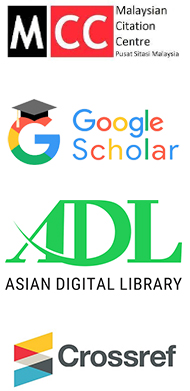Factors Affecting Gender Equality among Societies in Karachi, Pakistan: A Mediation and Moderation Analyses
Keywords:
Gender Equality, Mediation Analyses, Moderation Analyses, Pakistan, WomenAbstract
This study investigates the elements that influence gender equality in Karachi Societies. Karachi is one of Pakistan's largest cities, a developing country in South East Asia. When it comes to gender, the country, like many other developing countries, has a substantial inequality in resources and rights. Various socio-cultural practices and racial factors, including diverse spiritual traditions, a complicated legal system, and complex economic and political difficulties, influence women in developing countries. This study used the non-probabilistic convenience sampling strategy to address the target audience's incomplete population during the COVID-19 lockout. Structural equation modelling (SEM) was carried out in this study with the help of smart PLS software to establish a causal link between the predictor, mediating, moderating, and criterion variables. Keeping a watch on the data, it becomes clear that the independent variables separately have a weak moderating impact towards the variable at the mediator factor, the dependent variable. The mediating variables have a relatively stronger contribution to gender equality. Each use contributes little to gender equality, while distinction contributes moderately. The average contribution value of all independent variables is greater than 0.20, with some values reaching up to 0.30, indicating a moderate to weak contribution to gender equality. Many studies have investigated the concerns and causes of women's challenges; however, a lack of causal (explanatory) research has been conducted. Thus, this research provides fruitful knowledge to the existing literature on the mediation and moderation analyses towards gender equality among societies in Pakistan.
Downloads
Published
How to Cite
Issue
Section
License
Copyright (c) 2024 International Journal of Business and Technopreneurship (IJBT)

This work is licensed under a Creative Commons Attribution-NonCommercial-NoDerivatives 4.0 International License.










